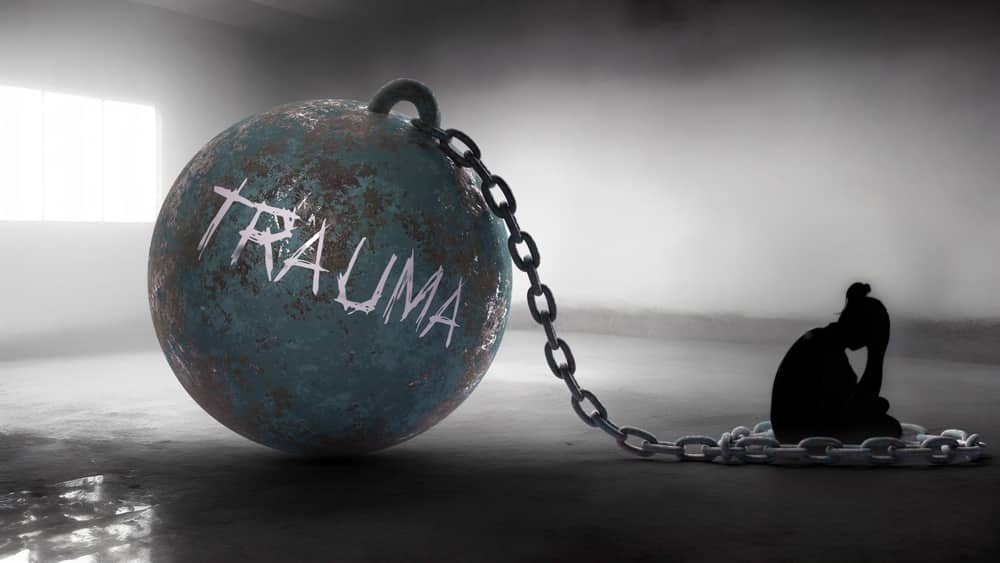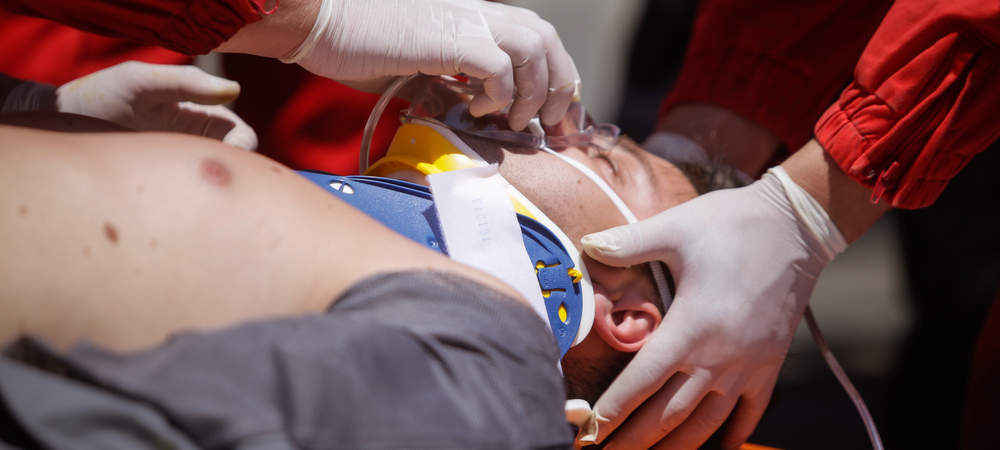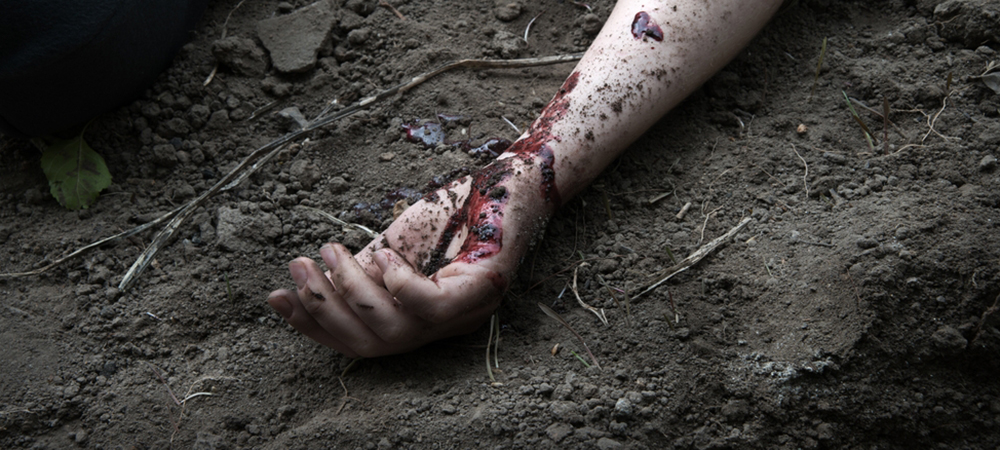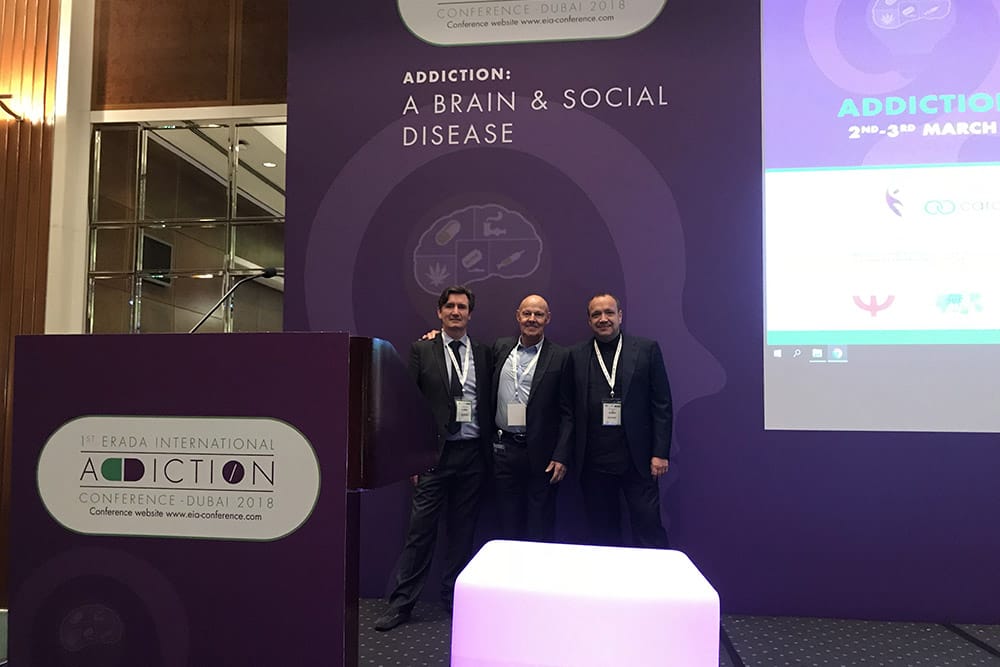
The link between trauma and mental health.
Trauma is more than just an unfortunate event; it’s an experience that can deeply shake a person’s sense of safety and well-being. Traumatic experiences often leave lasting scars on a person’s psyche, influencing their thoughts, emotions, and behaviours. The effects of trauma on mental health can be both overwhelming and long-lasting.
Individuals who have experienced trauma are at increased risk for mental health problems including PTSD (post-traumatic stress), panic, anxiety and depressive disorders; substance use disorders – alcoholism, drug addiction and prescription medicine dependency; suicidal thoughts and self-harm.
Understanding trauma is the first step towards healing.

What is trauma?
The word ‘trauma’ comes from the Greek word for wound. The dictionary definition is “an injury; a disordered psychic or behavioural state resulting from severe mental or emotional stress or physical injury; an emotional upset.”
Trauma can be defined as any distressing or disturbing event that overpowers a person’s ability to cope. It often results from experiences such as:
- Witnessing violence or death.
- War or combat.
- Accidents or natural disasters.
- Physical, emotional, or sexual abuse.
- Neglect or abandonment.
- Serious illness or injury.
- Loss of a loved one.
- Sudden and significant life changes.
Trauma manifests in various forms, ranging from one-off intense incidents to prolonged danger or adversity.

Different types of trauma include:
- Acute trauma: caused by experiencing a single dangerous or stressful event.
- Complex trauma: develops from exposure to multiple traumatic events.
- Chronic trauma: stems from repeated or prolonged exposure to disturbing or stressful incidences.
- Vicarious trauma: sometimes called secondary trauma, refers to trauma arising from indirect exposure to a potentially traumatic event or several events.
How does trauma impact mental health?
Trauma is personal, meaning what may be traumatic for one individual may not be for another. It is essential to recognise that the impact of trauma varies from person to person.
Here are some common ways trauma can impact individuals:
Post-traumatic stress disorder (PTSD): PTSD is a mental health condition that develops after experiencing or witnessing a traumatic event. Symptoms may include flashbacks, nightmares, hypervigilance, and avoidance of reminders of the trauma.
Anxiety and panic disorders: Trauma can lead to heightened anxiety levels, panic attacks, and constant worry about safety and security. Anxiety often manifests through physical symptoms such as racing heart, trembling, sweating, and difficulty breathing.
Depression: Trauma often contributes to the development of depression, as unresolved emotional wounds deepen feelings of despair and hopelessness. Symptoms of depression may include persistent sadness, loss of interest in activities, changes in appetite or sleep patterns, and difficulty concentrating.

Substance abuse: Many individuals turn to drugs or alcohol to cope with the overwhelming feelings associated with trauma. Unfortunately, this often leads to addiction and further exacerbates mental health issues.
Suicidal thoughts and self-harm: Some individuals may engage in self-destructive behaviours or experience suicidal ideation because of unresolved trauma.
Physical health issues: Chronic stress resulting from trauma can contribute to a variety of physical health problems, including heart disease, gastrointestinal problems, and autoimmune disorders.
Trust issues: Trauma can erode trust in oneself and others, leading to difficulties in forming and maintaining relationships.
Emotional dysregulation: Trauma survivors may struggle to regulate their emotions, leading to mood swings, outbursts of anger, or emotional numbness.
While the impact of trauma on mental health can be significant, it is important to remember that healing is possible. Seeking support from mental health professionals, engaging in therapy, and building a strong support network are essential steps towards recovery. Additionally, self-care practices such as meditation and mindfulness, exercise, participating in hobbies and creative pursuits, can all help individuals cope with the effects of trauma and reclaim their sense of well-being.
A simple click helps…
THE PATH TO RECOVERY STARTS WITH A SMALL FIRST STEP.
Request a callback!
Trauma, substance abuse, and addiction.
Trauma, substance abuse, and addiction often intertwine in a complex web, impacting individuals’ mental health and well-being.
Many individuals who have experienced trauma turn to substances as a means of self-medication. Alcohol, drugs, and other addictive substances may provide temporary relief from the intense emotional pain associated with trauma. However, this coping mechanism often leads to a cycle of dependence and addiction.
Substance abuse can also exacerbate the symptoms of trauma, making it more challenging for individuals to heal and recover. Moreover, engaging in risky behaviours while under the influence of drugs or alcohol can increase the likelihood of re-traumatisation and further compound problems.

Addiction is often characterised by compulsive substance use despite negative consequences. For many individuals, addiction serves as a maladaptive coping mechanism to numb emotional pain, alleviate stress, or escape from reality. However, the temporary relief provided by drugs or alcohol is fleeting, ultimately deepening the cycle of addiction.
Dual diagnosis refers to the co-occurrence of substance use disorders and mental health conditions, such as post-traumatic stress disorder (PTSD), depression, or anxiety. Integrated treatment approaches are essential for addressing both the substance abuse and underlying trauma simultaneously. This holistic approach ensures that individuals receive comprehensive care tailored to their specific needs, promoting long-term recovery and well-being.
Recovery from trauma and addiction is a journey that requires courage, perseverance, and support. Through evidence-based therapies, such as cognitive-behavioural therapy (CBT), dialectical behaviour therapy (DBT), and eye movement desensitisation and reprocessing (EMDR), individuals can learn healthy coping skills, process traumatic memories, and develop resilience.

Signs and symptoms of trauma.
Trauma can affect anyone, regardless of age, gender, or background. It is not always easy to recognise, but understanding the signs and symptoms can help you or someone you care about get the support they need.
Here are some common signs to look out for:
Emotional distress:
- Intense feelings of fear, sadness, anger, or guilt.
- Frequent mood swings or emotional outbursts.
- Feeling numb or disconnected from others.
Flashbacks and intrusive memories:
- Vivid and distressing recollections of the traumatic event.
- Flashbacks where it feels like the trauma is happening again.
- Intrusive thoughts or nightmares related to the trauma.
Avoidance behaviours:
- Avoiding places, people, or activities that remind you of the trauma.
- Trying to numb emotions with substances like drugs or alcohol.
- Keeping busy or distracting yourself to avoid thinking about the trauma.

Hyperarousal:
- Being easily startled or feeling constantly on edge.
- Difficulty concentrating or staying focused.
- Trouble sleeping or experiencing insomnia.
Physical symptoms:
- Headaches, stomach issues, or other unexplained pain.
- Fatigue or exhaustion, even after getting enough rest.
- Increased heart rate or sweating in response to triggers.
Changes in relationships:
- Struggling to trust others or feeling disconnected from loved ones.
- Irritability or conflict in relationships.
- Withdrawing from social interactions or becoming overly dependent on others.

Self-destructive behaviour:
- Engaging in risky behaviours like substance abuse or self-harm.
- Isolating yourself from support networks.
- Feeling hopeless about the future or having thoughts of suicide.
Difficulty Coping:
- Feeling overwhelmed by everyday tasks or responsibilities.
- Difficulty managing emotions or coping with stress.
- Using unhealthy coping mechanisms to deal with emotions.
Everyone responds to trauma differently, and not everyone will experience all these symptoms. However, if you or someone you know is struggling with any of these signs, it is essential to seek support from a mental health professional.
Trauma therapy, residential rehab, and support groups can provide valuable tools and resources for healing and recovery. You don’t have to face trauma alone – help is available, and healing is possible.

Mental health treatment clinic in Spain.
Here in Ibiza at our luxury residential rehab centre, we offer a range of therapies suitable for the treatment of substance abuse, compulsive or addictive behaviours, and other mental health disorders.
Our highly qualified team of doctors, therapists and counsellors use a carefully designed program, which includes individual and group therapy, transcranial magnetic stimulation, EMDR and equine- assisted therapy.
For further details and information on admissions to our Spanish rehab centre, contact [email protected]
Share this information, choose your platform!
How exercise and addiction recovery works
Does exercise have an important part to play in recovery? We are constantly told that regular exercise is a good for us but it could be the last thing on your mind when it comes to recovery. Many people exercise …
Erada Dubai International Conference
We were recently invited to the 1st Erada (erada.ae) international conference on addiction, a brain and social disease. The ground-breaking conference was the first of its kind in Dubai, the United Arab Emirates. There were speakers from all over the …
The Holistic Approach to Recovery from Addiction
The basis of a holistic addiction treatment and rehabilitation service or the holistic approach to recovery from addiction, is to treat the suffering individual as the whole person they are. This may seem like a straight forward statement, but what …
Why building support systems is key in mental health and addiction recovery.
The phrase, and belief, that “the opposite of addiction is connection,” has been expressed in fellowship meetings, support groups, and encouraged by mental health and addiction specialists for many years. British journalist Johann Hari popularised the saying and highlighted the …









